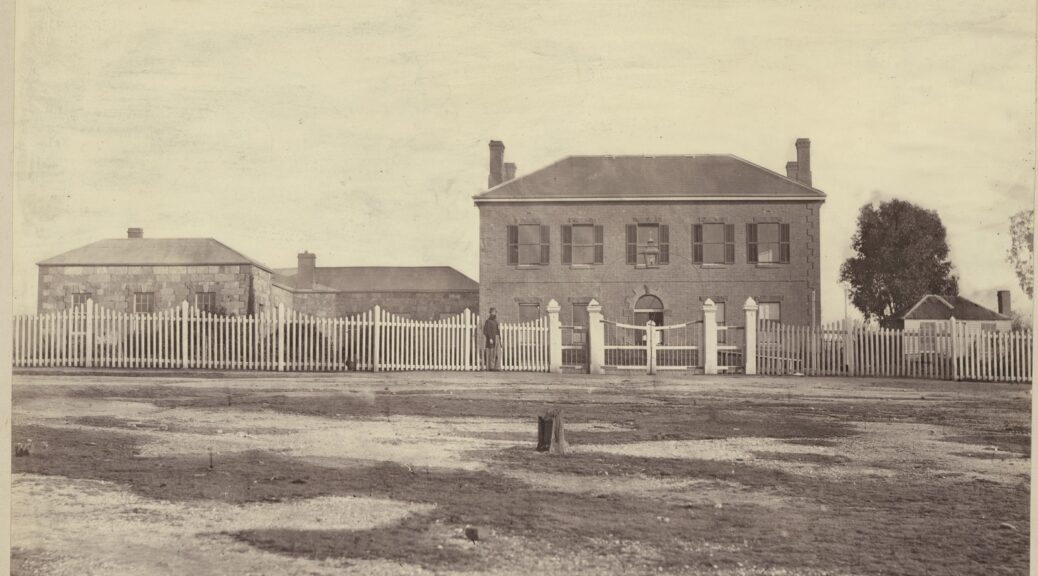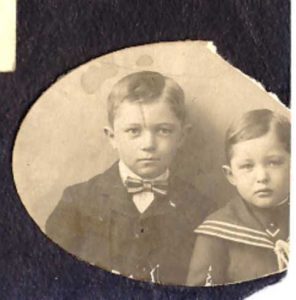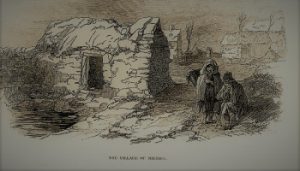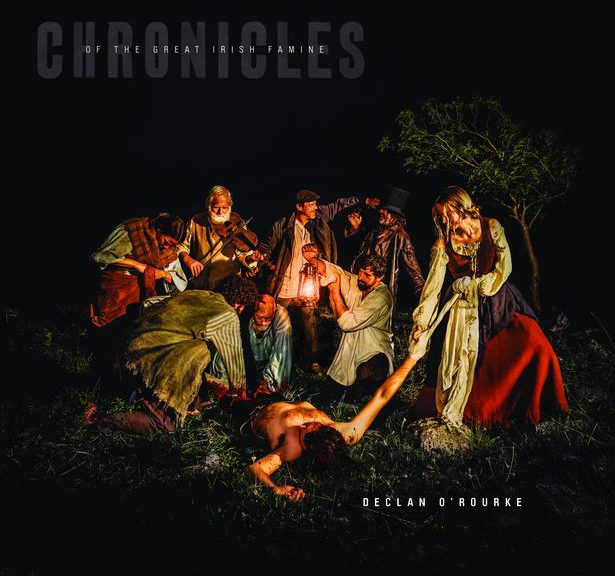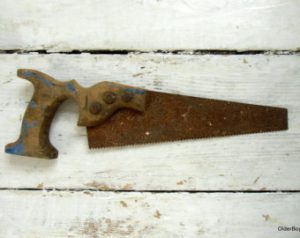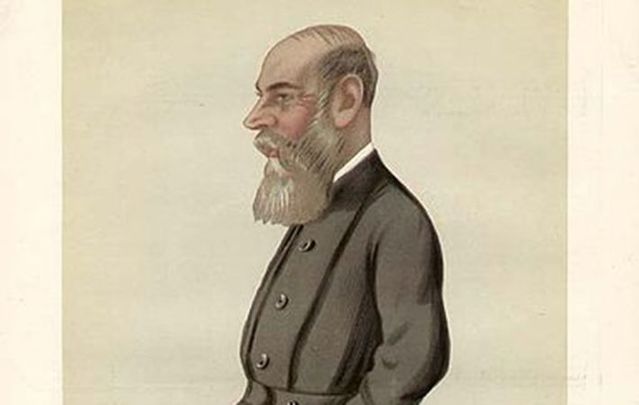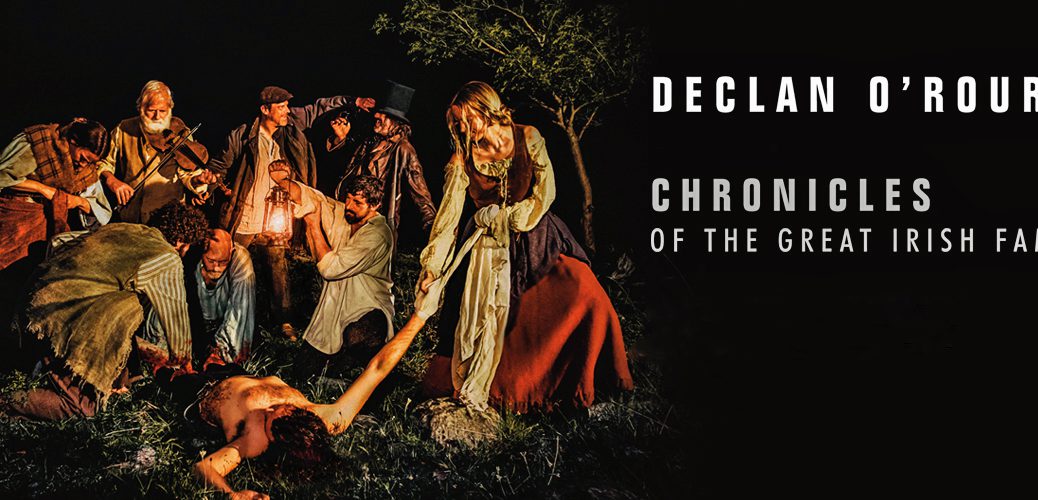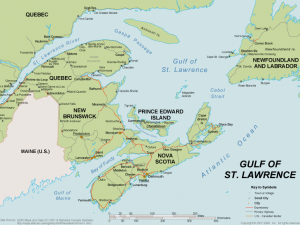Declan O’Rourke Connaught Orphan
We may have hoped that the retaliatory exhilaration of Johnny Hold the Lantern would end the album with its high note, but O’Rourke returns to the Great Famine’s horror and its helpless young victims.
For the centennial of the Easter Rising in 2016, O’Rourke wrote Children of ’16 about the (at least) 40 children under the age of 16 who died in that Easter Week’s fighting. Crossfire caught most victims, but British soldiers deliberately shot or bayoneted others. (Independent article)
Declan O’Rourke Connaught Orphan
Orphan offerings
It is no surprise that the Great Famine orphaned so many children. It is also no surprise that even the most insensitive laissez faire proponent would do at least something minimal to relieve their conscience if not the orphans’ suffering.
In the Connaught Orphan, we stride beside a barefoot 7-year-old boy walking his younger sister to the poor house ten miles away. Both starving.
There is room only for one. He leaves her there and walks the 10 miles back.
Declan O’Rourke Connaught Orphan
Strings attached
It is still a common requirement that there be a quid pro quo from those who receive relief: demand that the sufferer must demonstrate their worthiness to receive aid.
In the case of the Irish peasants, assistance sometimes depended on acknowledging the Church of England as the true church. To renounce Catholicism.
In our less religious 21st century world (at least in terms of church attendance), such a demand might seem an easy one to comply with, but the 19th century Roman Catholic Church taught members that a choice meant damnation.
Declan O’Rourke Connaught Orphan
Quakers
Quakers were the one religious group that seemed genuinely interested in assistance without strings attached. They formed the Central Relief Committee (CRC) to help coordinate relief.
William E. Forster, a CRC member, traveled throughout Ireland and send letters describing what he saw. In one letter he wrote, “Poor wretches in the last stage of famine, imploring to be received into the (work) house; women who had six or seven children begging that even two or three might be taken in …. some of these children were worn to skeleton, their features sharpened with hunger, their limbs wasted almost to the bone” (more at Irish Famine site)
Unfortunately, even the most kindhearted actions can result in unforeseen consequences.
In this song, the Quaker wants to provide a bath and clean clothing, but the boy realizes that when his neighbors see him that way they will assume that he has renounced his faith or that he has lied about his neediness.
I’ll surely die of hunger now
If they see me with your nice new clothes
They’ll think I’m telling lies and that
I have a mammy feeds me so.
What kind of world had the British government helped foster? One that forced a starving child in rags to refuse food and clothing?

